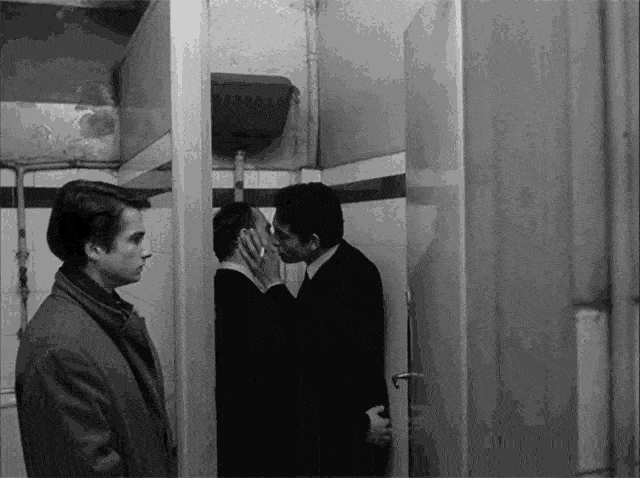The final track on Wire's debut album, Pink Flag, is ‘12 X U’, a sub-two-minute broadside that is still one of the longer tracks on the album1. Released in 1977, the band emerged from the punk scene in London but quickly distinguished themselves with a unique approach to punk music that leaned heavily into minimalism and experimentation. ‘12 XU’ is a prime example of this style, encapsulating the raw, stripped-down energy that defined much of the punk movement while also hinting at both the band and the genre’s future explorations into post-punk and art rock.
The brevity and conciseness of the songs on the record are a hallmark of what the album stands for, challenging the norms of song structure and length. ‘12 XU’ (pronounced "One Two X U") leaves a lasting impression with its relentless pace and aggressive delivery.
Aside from the length, it is also sonically a great example of Wire's minimalist approach. The song's structure is simple, driven by a fast, repetitive guitar riff and a pounding rhythm section. This minimalism strips the music down to its core elements, creating an intense, visceral experience. The lyrics are terse, direct and repetitive, contributing to the song's raw power. The band, specifically vocalist Colin Newman, said that the song was almost written with the limitation and constraint of “What would a song sound like if it had no real music in it?”
Lyrically, ‘12 X U’ references “cottaging", a British term for soliciting anonymous homosexual encounters in public places, typically public toilets, which a mere decade before 1977 would have likely driven a charge for gross indecency as it wasn’t until the Sexual Offences Act 1967 that men over 21 could legally have sex with each other in private. The act and a 2003 follow-up also mention but exclude public toilets as a location that can be considered private. In other countries, engaging in a lewd act can also get you into some trouble.
Back in the late 1970s, Wire's aesthetic was influenced by various forms of art and culture, including cinema. Jean-Luc Godard's film Masculin Féminin is a notable reference point. The film, a quintessential example of the French New Wave, is known for its exploration of youth culture, political disillusionment, and the complexities of modern relationships. It seems clear that the lines “Saw you in a mag, kissing a man / Smoking a fag, kissing a man” are a reference to this scene in which all of those things happen in a public toilet.
Mike Thorne produced Pink Flag, including ‘12 XU’, and played a significant role in shaping the album's sound. Thorne's approach allowed Wire to maintain their raw, unpolished edge while also incorporating more experimental elements. The recording sessions were quick and efficient, mirroring the brevity of the songs themselves. This method helped capture the immediacy and energy of the band's live performances.
After Pink Flag’s release, Wire continued to evolve, pushing the boundaries of punk and post-punk music. Their subsequent albums, Chairs Missing (1978) and 154 (1979) saw the band incorporating more complex arrangements and electronic elements, showcasing their willingness to experiment and innovate. Despite line-up changes and periods of inactivity, Wire maintained a reputation as one of the most forward-thinking and influential bands to emerge from the punk era.
‘12 XU’ remains one of Wire's most iconic tracks, embodying the raw energy and minimalist approach that set them apart from their contemporaries. Numerous bands have covered the song, including hardcore punk legends Minor Threat and Bad Brains, further cementing its status as a punk classic. Its influence can be seen in the work of many following bands, particularly in the post-punk and indie rock genres.
Six tracks on the record last inside a minute, and another nine between one and two. The album covers 21 songs in 35 minutes.






“What would a song sound like if it had no real music in it?” Colin Newman cracks me up! Great piece, Mitchell.